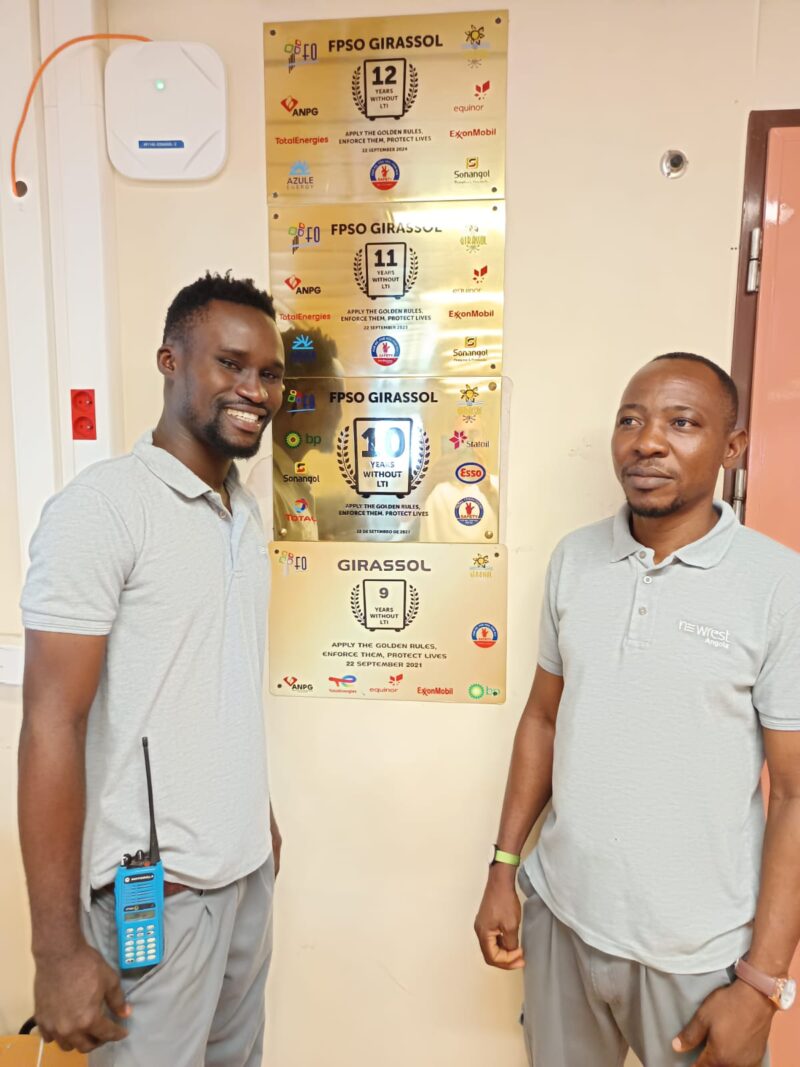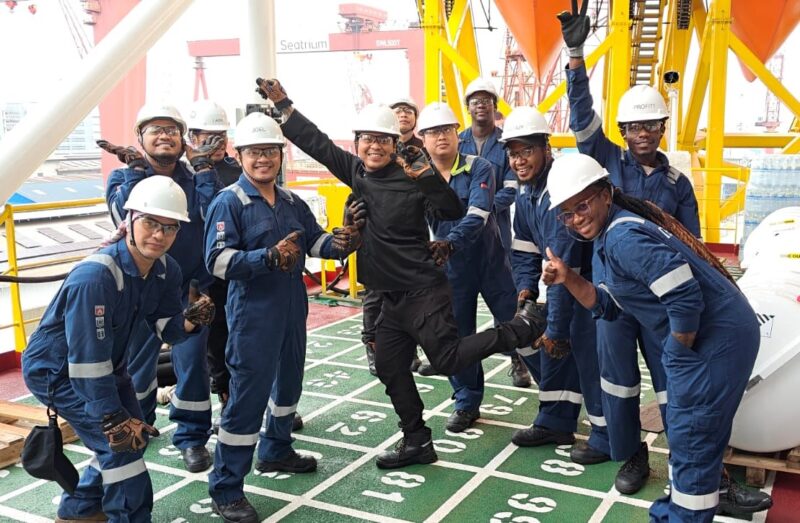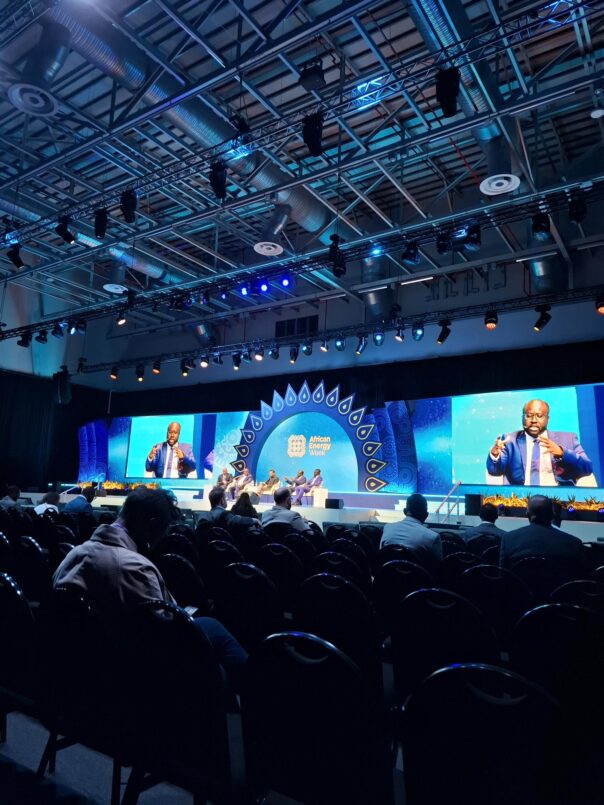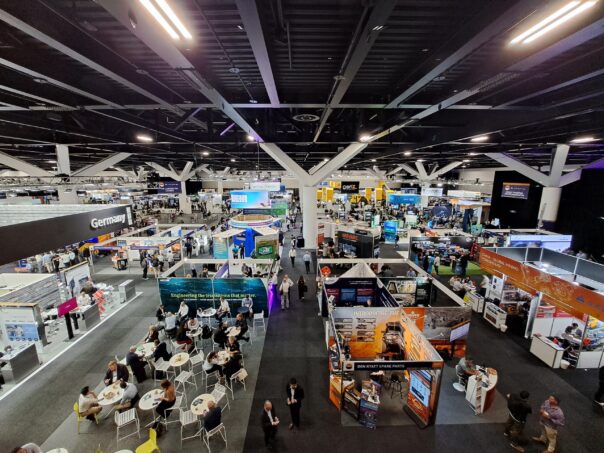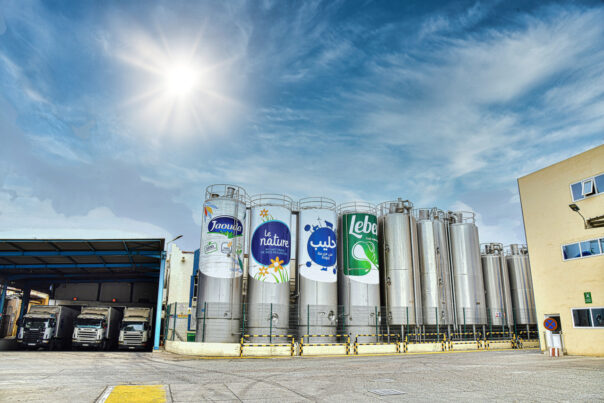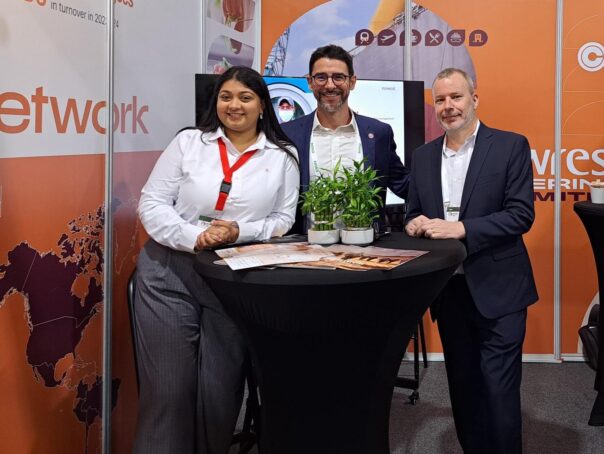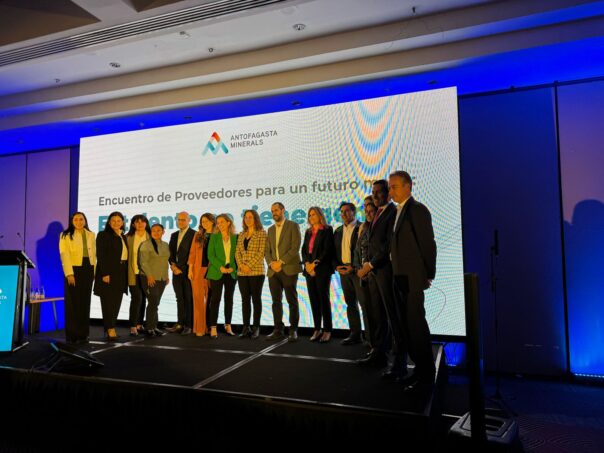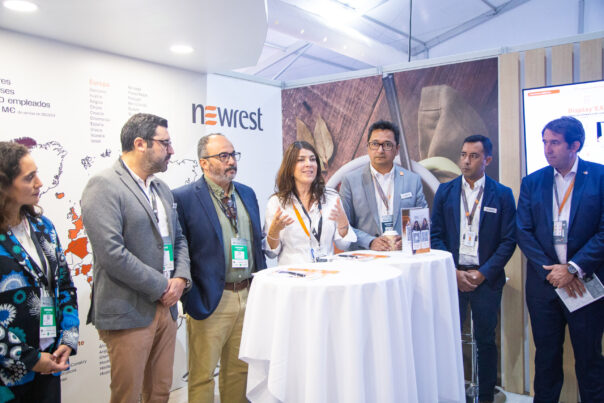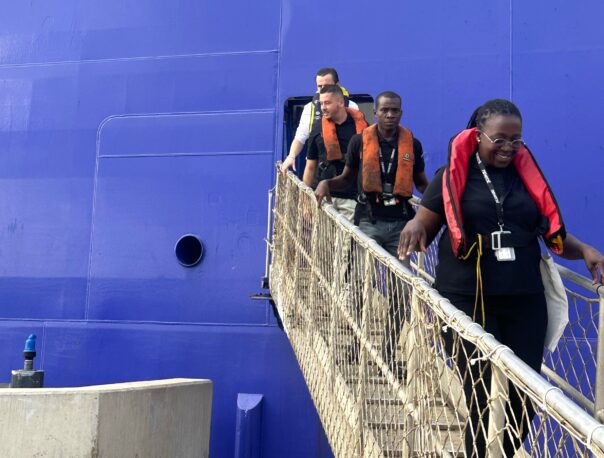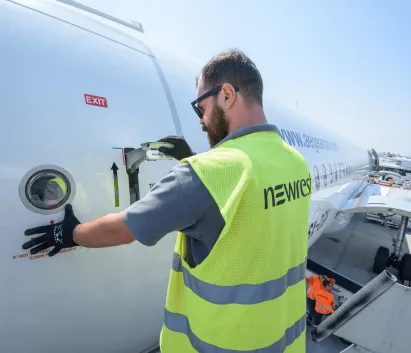
Safety first: Newrest’s priority in remote sites
America
|America
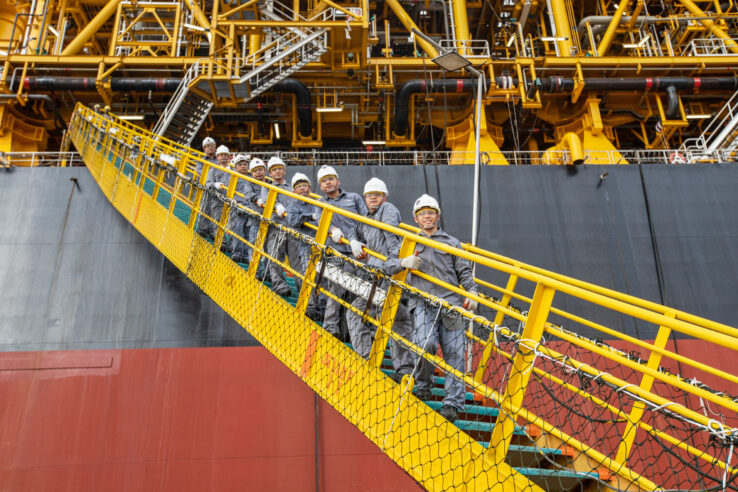
In just a few years, Newrest has emerged as a global leader in remote site management, collaborating with key players in the mining, oil and gas industries, as well as the engineering and construction sectors, both onshore and offshore. So, how does Newrest align with the client’s policy by prioritizing safety on site?
Newrest’s I care program, a commitment to safety
Newrest makes every effort to ensure the safety of everyone in its operations. The group has also developed the I Care program to ensure quality, health, and safety at work.
This program is based on three main pillars:
- Human: commitment of the management;
- Ownership by the employees;
- Accountability at all levels of the organization.
The objective of the program is to provide adequate training to its teams so that everyone adopts the group’s QHSE culture and understands their level of responsibility. Indeed, QHSE (Quality, Hygiene, Safety, Environment) is everyone’s responsibility to achieve our goal: zero incidents, because “I Care, You Care, We all Care!”.
Through the I Care program, Newrest has established Non-Negotiable Principles consisting of 8 rules on food safety and 8 rules on health and safety. These principles are the foundations to be respected in order to protect employees and consumers.
At the same time, Newrest continues to innovate and advance the digitalization of its Quality service worldwide to effectively manage safety and quality challenges. The group uses the Calypso tool to digitize action plans and achieve better monitoring.
Specific solutions to minimize each risk
In remote sites such as offshore oil platforms or high-altitude mining sites, the risks faced by Newrest collaborators and consumers are multiplied. This is why Newrest constantly reinforces safety measures.
For example, fatigue coupled with driving is a major risk factor on mining sites, compromising drivers’ vigilance and increasing the risk of accidents. Therefore, Newrest implements adapted work rotations and enforces regular breaks for its employees to ensure responsible and safe driving. Drivers are penalized if they deliberately break traffic rules.
A safe access to remote sites
Remote sites are characterized by extreme weather conditions, remoteness, and vast distances to cover.
For example, to access the Las Bambas mine in Peru, one must take roads lined with sharp turns and steep cliffs, making accidents frequent.
The risk of accidents can be dramatically reduced by teaching the drivers defensive driving, a set of safe responses to potential hazards, including other drivers, damaged road surfaces, debris or inclement weather. Defensive driving allows drivers to anticipate dangerous situations and avoid risks, to reduce the likelihood of a crash or incident and even to save on vehicle maintenance and use less fuel.
Technology is revolutionizing safety in remote site management. Newrest’s vehicles now come equipped with black boxes that monitor driving behavior. If a driver exceeds the speed limit, an alarm sounds and the control center is alerted. Drivers face penalties if they don’t adhere to traffic regulations.
Workplace safety ensure by training
The offshore environment of oil platforms, for example, requires Newrest employees to undergo specific training. Thus, every Newrest employee who needs to go offshore must obtain the BOSIET (Basic Offshore Safety Induction and Emergency Training) certification. This training, provided by accredited organizations, aims to prepare our employees for emergency situations at sea, covering aspects such as safety, evacuation, and first aid.
Once trained, workers must adhere to safety guidelines and use the appropriate personal protective equipment (PPE).
Newrest systematically provides different PPE, including helmets, gloves, safety glasses, and high-visibility clothing. Before entering a remote site, each employee must wear the correct equipment.
Additionally, regular safety drills and continuous monitoring of safety practices help reinforce a culture of vigilance and responsiveness.
In 2024, Newrest Wacasco received no fewer than seven awards in Oman, notably in collaboration with Abraj Energy Services, a leading provider of oil and gas services. In Angola, Newrest has been present at Total’s Girassol site since 2008 and has not recorded any Lost Time Injuries (LTI) since then, reflecting Newrest’s commitment to the safety of its teams and operations on highly sensitive sites.
Observation Cards, a participative approach
To continuously improve safety procedures and minimize accident risks, Newrest has implemented observation cards. These cards allow for the collection and analysis of data on a given environment or situation, thereby updating the measures in place. These cards are sometimes referred to as near miss cards.
A near-miss is an event or situation that could have led to an accident but did not cause any damage. Near misses are also known as close calls, near accidents, or injury-free events. To ensure a safe work environment, Newrest encourages all employees to report and address any of these potential hazards right away.
“Thanks to the I Care seminars, we have reiterated the importance of the ‘Non-Negotiable’ rules. Initially focused on food safety and health, they now extend to safety on the runway, on the docks, and at remote sites. All our sectors are concerned with safety; no one is left out.” – Mirindra Ramasitera, Group QHSE Manager.
FOR MORE INFORMATION:

 en
en
 fr
fr es
es
